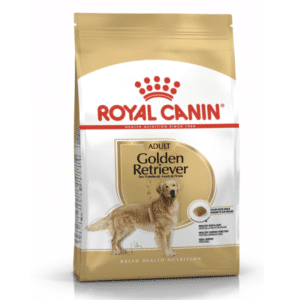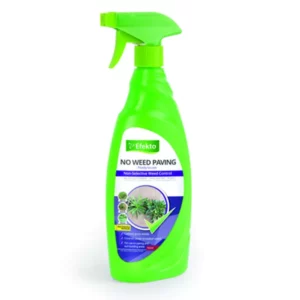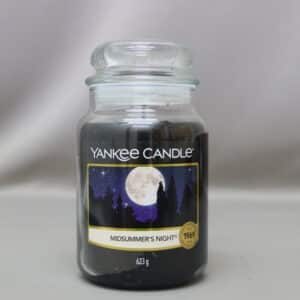Create a Herb Garden
Kitchen gardening

Create a Herb Garden
The garden is the world’s oldest medicine chest, culinary basket and vanity bag. Recently gardeners have come to recognize the myriad of uses for herbs making them a popular choice in most gardens.
How to create a herb garden
Begin by deciding on the function of your herb garden. Decide whether the herbs will be ornamental or used for culinary, medicinal or cosmetic purposes.
- Compile a list of all the varieties you would like to have in your garden
- Work out how much space you have available for your herb garden bearing in mind that herbs can be fitted into the tiniest spaces, be used as a border and grown in pots.
- Remember herbs need at least 7 hours of sunlight per day, so choose a sunny area for your herb garden.
- Herbs are quite floppy, sprawling plants so to keep it neat and well–ordered, by using geometric shapes and strong, simple patterns.
- Try to separate annuals and perennials. When you have to replant annuals you can avoid disturbing the roots of the perennials.
- Use your herbs to create focal points – either one in a small garden or a number in a larger formal garden.
- A neatly clipped hedge of cotton lavender, rue or thyme is the traditional edging method in smaller gardens and to mark the boundaries of beds use upright-growing chives, garlic chives or parsley.
Caring for your herbs
- Mulch your herb garden with bark chips – this cuts down on watering and weeding.
- Water established herbs only when the top 2-3cm of the soil is dry to the touch and then water thoroughly. Inspect for dryness daily in very dry weather.
- Fertilize regularly in the growing season (August to April), fertilize at least once a month. During the rest of the year, fertilize once every two months. Any balanced organic fertilizer will go. However, avoid over-fertilizing herbs.
Growing herbs in winter
- Growing herbs in winter requires a little more care.
- Herbs for winter are best grown in pots so that they can ’follow the sun.’
- Herbs need sun for at least four hours a day during winter.
- Ideally keep the herbs outside during the day and bring them in at night.
- Keep them out of cold drafts. Watch for sunburn if the plant is kept indoors and too near a pane of glass.
- Don’t over water. Once a week is best and let the water drain away.
- Use a reputable commercial potting soil oil growing herbs in pots. Do not put stones or gravel at the bottom of the pot. This does not promote drainage but has the opposite effect.
- The pots herbs are sold in are not big enough to sustain growth. Rather transplant into pots 18-20cm in diameter or larger.
- Feed monthly with a light application of Nitrosol, an organic fertilizer. Herbs grown for consumption should not receive artificial fertilizers.
- The more you use the leaves, the better the herb will perform.
Favourite herbs
- Basil, Lavender, Parsley, Rosemary, Sage and Thyme
Tips for using home-grown herbs
- For a bad headache, chew five violet flowers (any of the viola family) and within 20 minutes your headache should disappear.
- Bulbine frutescans is an indigenous plant to South Africa. For any bites, stings, eczema, rashes, sunburn or even protecting your skin from the sun, apply the juice of the bulbine leaf directly to your skin.
- Place a few sprigs of Santolina where fish moth are found to repel them.
- When making your own sosaties – try using rosemary stalks as skewers. It adds flavour to your sosaties. Cut the stalk at an angle to pierce the sosatie more easily.
- In the kitchen, any herbs not used can be placed with sea salt in your salt grinder. The salt will dry the herbs out and retain their flavour and you will create home-made herb salt.
Happy herbing and remember: Speak to our horticulturists at the Bellville or Kenilworth branches for advice in your choice and planting of herbs.




